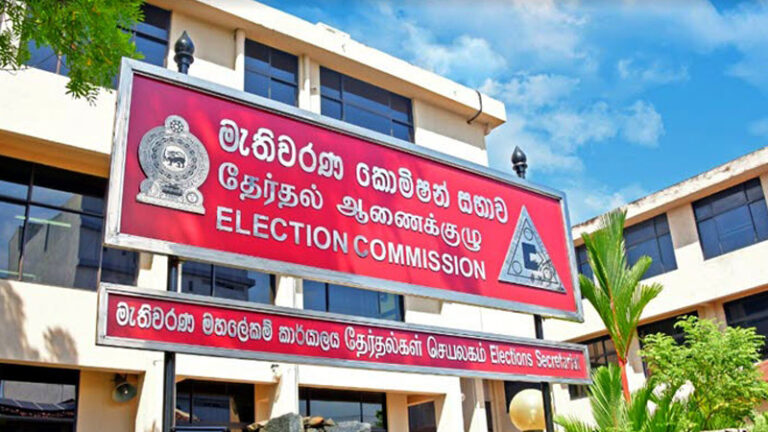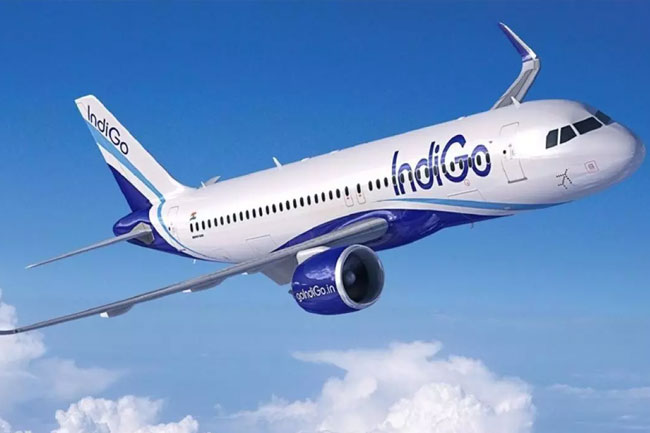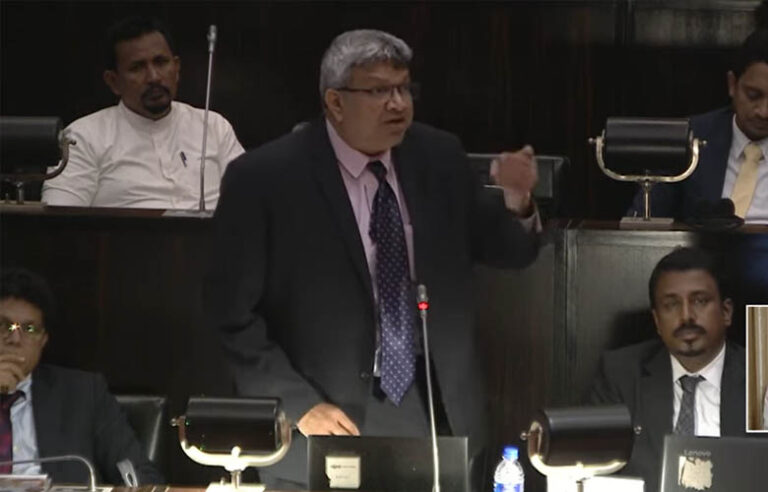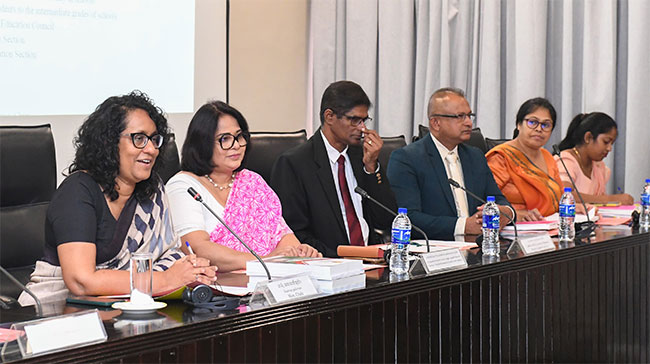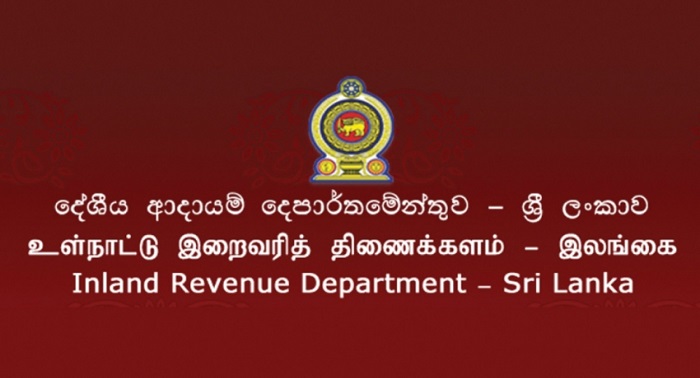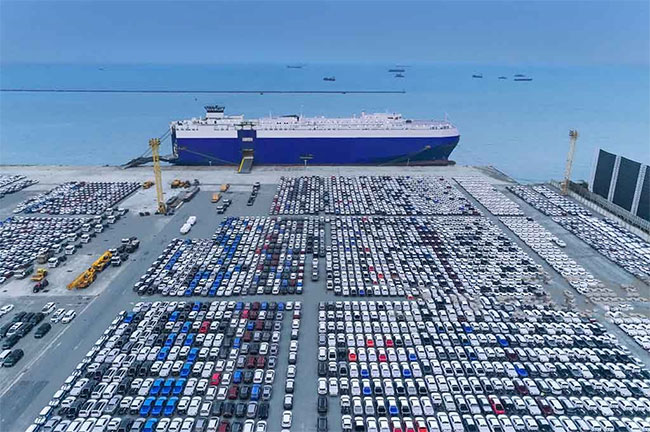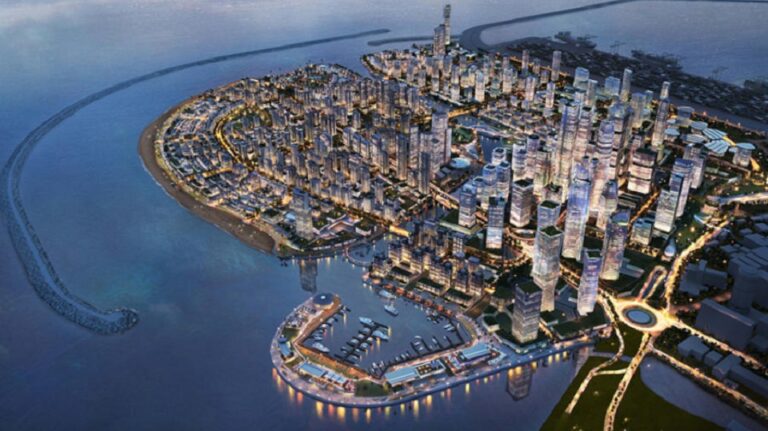Sri Lanka is promulgating new laws and initiatives in the hope of securing up to 10 foreign investments in mining with a view to increasing transparency and deriving greater value from the country’s mineral resources.
Highly prospective mineral deposits in the country include 7.5 million MT of ilmenite, rutile, and zircon in Pulmudai and Puttalam; 45,000 MT of graphite; and 60 million MT of apatite according to Board of Investment data.
With these resources, nonetheless, the mining sector presents a number of challenges. Indistinct policies on resource management and foreign investment discourage long-term investors.
Strict environmental regulations, though important, delay project endorsements. Mining, particularly for mineral sands, has commonly caused coastal erosion, loss of biodiversity, and habitat destruction, which ignites wide public outcry and increases regulatory pressure.
On top of that, extraction and processing methods are outdated, reducing efficiency and profitability.
The country exports mainly raw minerals rather than value addition, leading to reduced revenues. There are also accusations of corruption regarding licensing and revenue management, which further tarnish public confidence and discourage genuine investors, several mineral mining license holders said. .
By 2024, investors from countries like India, Australia, and the UK have been attracted by Sri Lanka’s mineral sector
Notably, Capital Metals PLC, a company based in the UK, is advancing its Eastern Minerals Project, located within the Eastern Province.
This includes the mineral sands ilmenite, rutile, zircon, and garnet in more than 17 million tons.
Capital Metals expressed confidence in the recent political changes in Sri Lanka, which are generally seen as positive toward foreign investment.
The project would provide more than 300 direct jobs and generate government royalties and taxes valued at approximately $130 million.
The Geological Survey and Mines Bureau (GSMB) has already extended deadlines for the meeting of conditions attached to the IMLs, with more such licenses foreseen for a 47-square-kilometer exploration area.
Drilling operations began in August 2024 after necessary equipment and personnel arrived in the country.
Other foreign companies, especially from India and Australia, have also applied for mining licenses.
These ventures aim to exploit free trade agreements, such as the Indo-Sri Lanka and Pakistan-Sri Lanka agreements, for machinery access on duty-free status.
There are, however, concerns that there may be corruption involved in the sector. The Commission to Investigate Allegations of Bribery or Corruption has been informed about some questionable efforts to grant a monopoly over mining to an Australian company.
This Australian company was claiming to have invested $20 million in Sri Lanka, but further investigation showed discrepancies in how those funds entered the country.
Allegations suggest the money might have been used to secure the cooperation of corrupt officials, disrupt local enterprises, or undermine state institutions equipped to manage mineral resources effectively.
Sri Lanka’s efforts to attract foreign investment must address these challenges to ensure the mineral sector develops transparently and sustainably.


